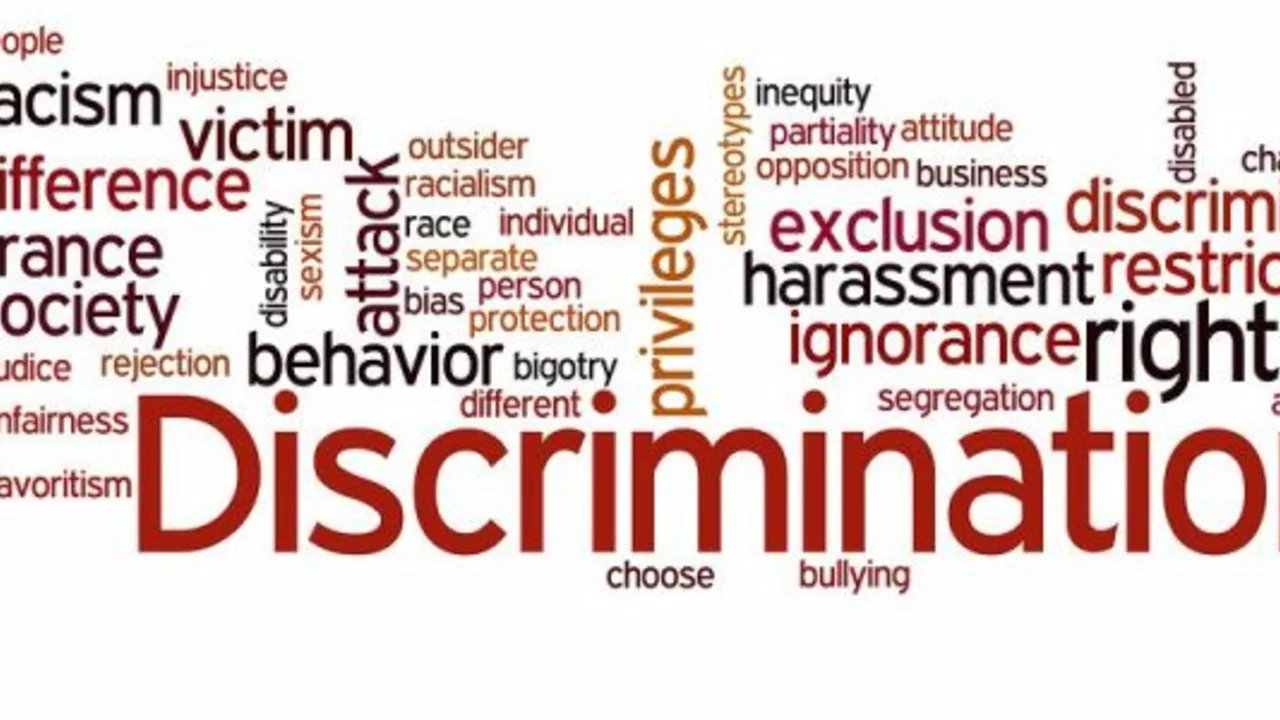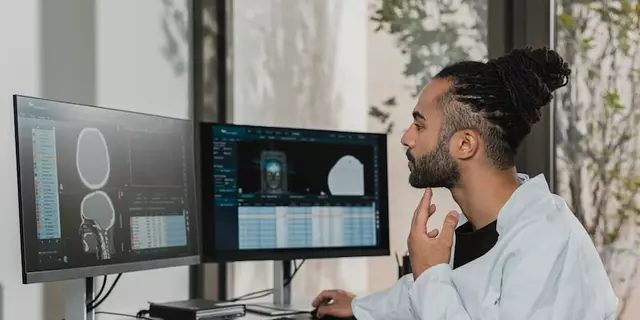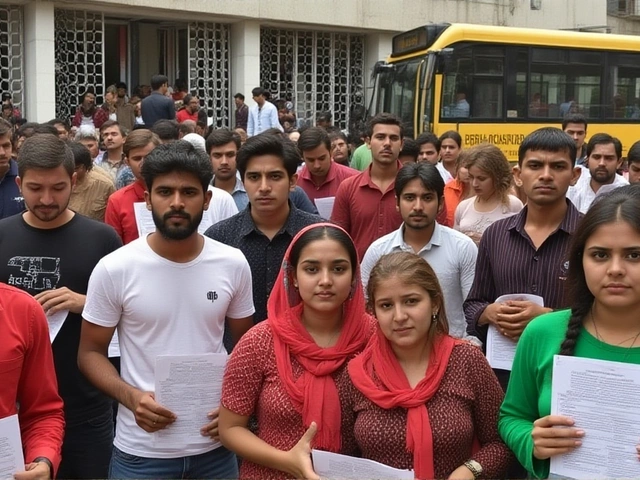Health and Wellness: Tackling Racial Bias in Medicine
Bias in healthcare shows up in small moments: a rushed exam, assumptions about pain, or language that feels cold to a patient. Those moments add up and change outcomes. This page gives clear, practical steps you can use today—whether you’re a clinician, an educator, or a community health worker.
Practical steps for clinicians and educators
Start with how you ask questions. Open, specific questions beat assumptions. Instead of guessing a patient’s beliefs, ask: “Are there any cultural or religious points we should consider for treatment?” That one line invites useful information and avoids stereotyping.
Use real-case teaching in health education. Teach students to reflect on a clinical encounter after every rotation. Reflection prompts like “What did I assume?” and “How did the patient react?” train the habit of checking bias quickly and often.
Make language access routine. Simple measures—trained interpreters, translated consent forms, and patient-facing materials in local languages—cut errors and build trust. In India, working with ASHA workers or local volunteers to explain diagnosis and treatment increases adherence and reduces misunderstandings.
Use checklists in clinical care. A short checklist for diagnosis, treatment options, and pain assessment helps counter snap judgments. For example, always use objective pain scales and document patient-reported symptoms rather than relying on assumed thresholds.
System and community actions
Change the curriculum. Add modules on cultural competence, social determinants of health, and communication skills early in training. Bring community members to teach—patients, social workers, or local leaders can give real perspectives that textbooks miss.
Measure outcomes by demographic groups where possible. Track treatment rates, follow-ups, and complications across different communities. Data reveal patterns that individual cases hide and point to where change is needed.
Recruit diverse staff and faculty. Representation matters for learning and for patient comfort. It pays off when patients meet providers who understand their background, and when trainees see diverse role models in leadership.
Build feedback loops with patients. Short, anonymous surveys after visits can flag biased behavior or communication problems. Use that feedback for focused training—not punishment—to improve skills.
Work with communities, not just for them. Co-design health messages, vaccination drives, and outreach with local groups. When messages are made together, they land better and reduce mistrust.
Bias won’t vanish overnight, but small, steady changes make care fairer and safer. Try one concrete step this week: add a cultural-check question to your patient intake, run a short reflection session with trainees, or start collecting simple outcome data by community. Those moves create better care for everyone.
Addressing Racial Bias in Medicine - Improving cultural competence in health education
Posted by Finnegan Beckett On 27 Jul, 2023 Comments (0)

Well folks, buckle up because we're diving headfirst into the complex world of racial bias in medicine - it's a wild ride! Addressing this often unseen elephant in the room can have transformative impacts on health education and, ultimately, patient care - it's like turning a health kaleidoscope and seeing a whole new perspective! Improving cultural competence is like adding a secret ingredient to the health education recipe, it's about understanding, respecting, and valifying diverse patient backgrounds. And boy, it's not only about fixing the bias, it's about busting out a new dance move called 'empathy' and shaking up the traditional healthcare rhythm. So, let's put on our thinking caps, lace up our boots and march towards a health education system free of racial bias - it's going to be a heck of a journey, but together, we can make it happen!




